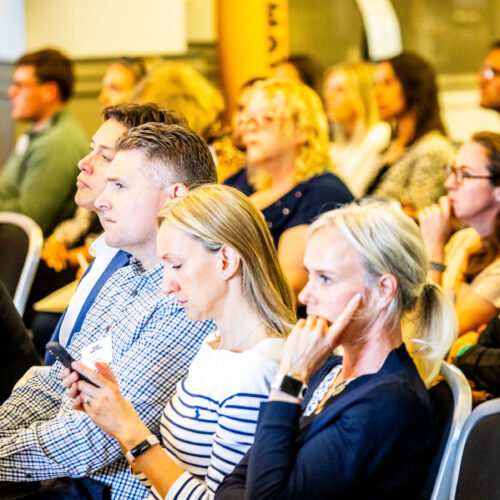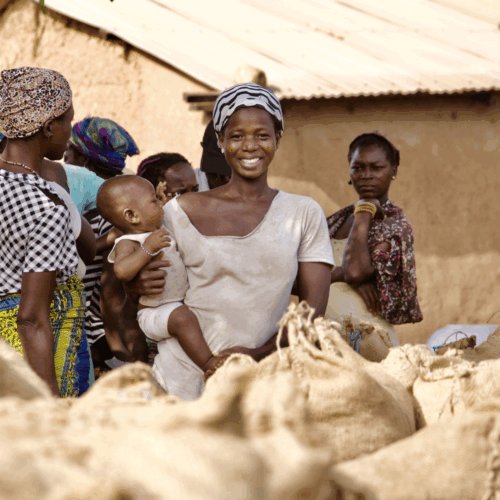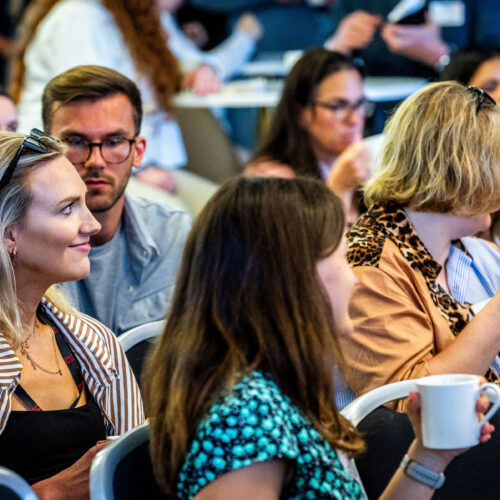Millions of people will be giving and receiving chocolate on Valentine’s Day, and even more will be doing so around Easter. But do we really understand the true history of it?
In this episode of the Table Talk podcast, Stefan Gates is joined by food historian, Emma Kay, to reveal the often very dark history of chocolate.
The slave trade was used to exploit millions of people, who were forced to work on plantations.
It may sound like something that could never happen today, but accusations of slavery in the cocoa industry persist in parts of Africa.
Not only that, but land is often destroyed as part of the farming process, and that can lead to the deaths of many.
So how did it come to be that such value was put on chocolate?
In this episode we venture back more than 4,000 years to the very first communities known to have experimented with cocoa beans.
How the Mayans saw it as a powerful aphrodisiac, how it ended up in Europe, and the changes that led to the type of chocolate we eat today – very different from what was being consumed in 2,000 BC.
Emma Kay, Food Historian
Emma is a food historian, author, and prolific collector of Kitchenalia. She lives in the Cotswolds with her husband and young son.
She has written many books about food history, including A Dark History of Chocolate.
Her articles have appeared in publications including BBC History Magazine, The Daily Express, Daily Mail, Times Literary Supplement, and the Victorian Review (Johns Hopkins University) .
She has contributed historic food research for a number of television production companies and featured several times on Talk Radio Europe, and multiple BBC radio stations.







